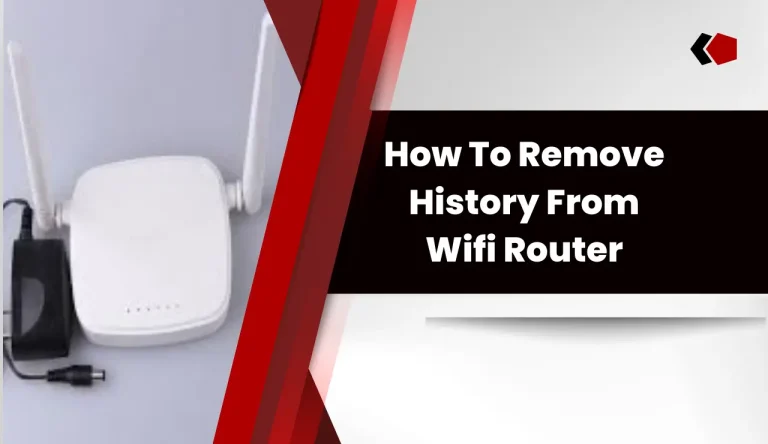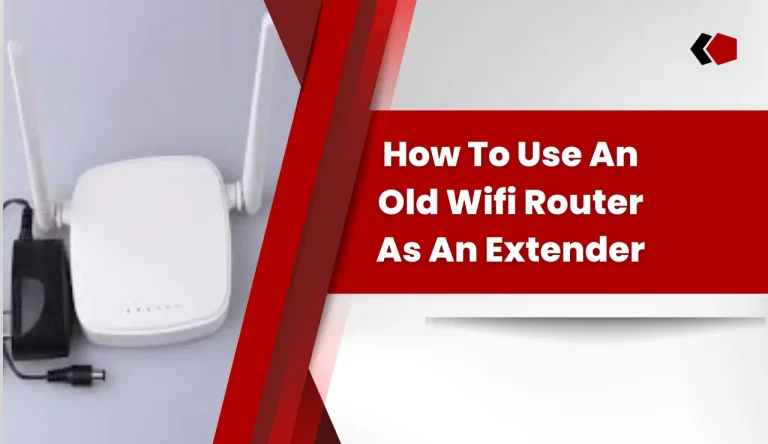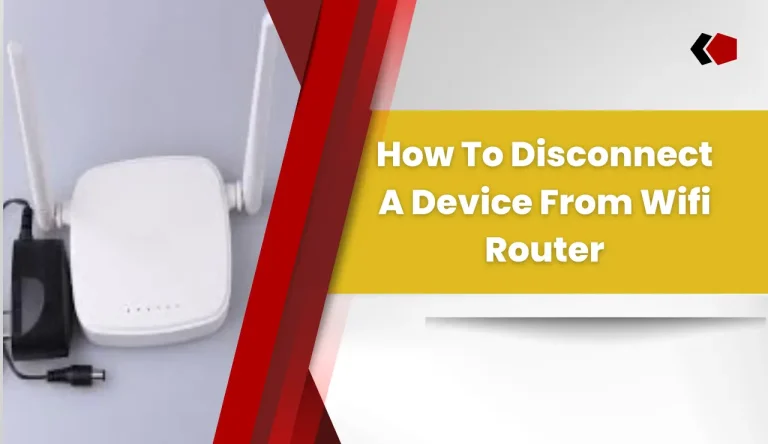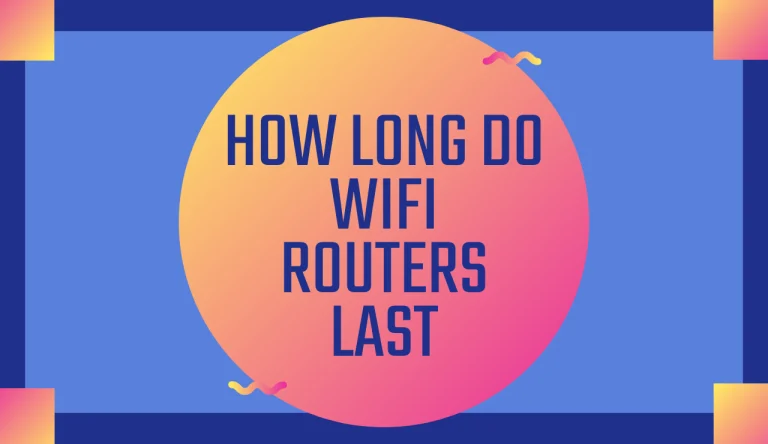Do Wifi Routers Emit Radiation
Do Wifi Routers Emit Radiation? This question has become increasingly relevant as we rely more and more on wireless technology in our daily lives. To answer this, it is important to first understand what radiation is and the different types of radiation that exist. In simple terms, radiation refers to the emission of energy through waves or particles.
WiFi routers operate by emitting electromagnetic waves, which fall into the category of non-ionizing radiation. These waves are similar to those produced by other common household devices like cell phones and microwaves. While non-ionizing radiation does not carry enough energy to cause direct harm to human cells, there have been concerns about potential long-term effects.
In this article, we will delve into the functionality of WiFi routers and their role in emitting electromagnetic waves. We will explore scientific studies that have been conducted on WiFi radiation levels and any associated health concerns. Additionally, we will debunk common myths surrounding WiFi radiation and provide expert recommendations for reducing exposure if necessary.
So let’s dive in and uncover the facts about WiFi router radiation!
Key Takeaways
- WiFi routers emit non-ionizing radiation, which is considered safe for human cells.
- Measuring radiation levels from WiFi routers can help assess potential health risks.
- WiFi radiation has been linked to symptoms such as headaches, fatigue, and sleep disturbances.
- Following standard safety guidelines and maintaining a reasonable distance from the router is recommended.
Understanding Radiation and its Types
When it comes to understanding radiation, it’s like peering into a vast universe of invisible waves and particles. Radiation is the emission of energy as electromagnetic waves or as moving subatomic particles, and it can be categorized into two types: ionizing radiation and non-ionizing radiation.
Ionizing radiation has enough energy to remove tightly bound electrons from atoms, which can cause damage to living tissue and DNA. This type of radiation includes X-rays and gamma rays.
On the other hand, non-ionizing radiation does not have enough energy to remove electrons but can still penetrate human tissue. WiFi routers emit non-ionizing radiation in the form of radiofrequency waves. While there is ongoing debate about its effects on the human body, safety guidelines exist for minimizing exposure to this type of radiation.
Now let’s delve into exploring wifi routers and their functionality without missing a beat.
Exploring WiFi Routers and their Functionality

WiFi routers release signals that allow us to stay connected wirelessly, enhancing our online experience. These devices utilize advanced wifi router technology to transmit data packets between devices and the internet. By converting electrical signals into radio waves, wifi routers create a network that enables seamless communication within a certain range.
The impact of wifi routers on daily life is significant. They provide us with the convenience of accessing the internet from anywhere in our homes or offices, eliminating the need for cumbersome wired connections. With wifi routers, we can connect multiple devices simultaneously, such as smartphones, laptops, and smart home devices. This connectivity has revolutionized how we work, learn, communicate, and entertain ourselves.
Transitioning to measuring radiation levels from wifi routers allows us to understand any potential health risks associated with their use without taking an additional step.
Measuring Radiation Levels from WiFi Routers
To gauge the potential impact on your health, you can easily measure the radiation levels emitted by these devices. Here are five key points to consider when measuring radiation exposure from WiFi routers:
- Use a handheld radiofrequency (RF) meter to measure the electromagnetic field strength.
- Place the RF meter at various distances from the router and record the readings.
- Follow safety guidelines for WiFi routers, such as keeping them away from bedrooms or using a wired connection whenever possible.
- Compare your measurements to established safety limits set by regulatory bodies like the Federal Communications Commission (FCC).
- Consider consulting with an expert in electromagnetic fields for a more detailed analysis of your specific situation.
Understanding and monitoring radiation levels is crucial in ensuring our safety.
Transitioning into scientific studies on WiFi radiation, researchers have conducted numerous investigations to evaluate its potential effects on human health without compromising connectivity.
Scientific Studies on WiFi Radiation
Discovering the potential impact on your health is made more enjoyable through scientific studies that have explored the effects of WiFi radiation on human well-being while maintaining connectivity.

Numerous studies have examined the effects of long-term exposure to WiFi radiation and its potential health consequences. Research has shown that prolonged exposure to WiFi radiation can lead to various physiological changes in the body, including increased oxidative stress, DNA damage, and alterations in brain activity.
Additionally, some studies have reported adverse effects on fertility, sleep quality, and cognitive function due to continuous exposure to WiFi radiation.
However, it’s important to note that these findings aren’t conclusive and further research is needed to fully understand the extent of these effects.
Transitioning into the subsequent section about ‘potential health concerns and precautions’, it’s crucial to take into consideration these preliminary findings when considering potential risks associated with WiFi routers.
Potential Health Concerns and Precautions
Take a moment to consider the potential health concerns and precautions you should be aware of when it comes to using wireless internet. While there’s ongoing research on the topic, some studies suggest that long-term exposure to WiFi radiation may pose certain health risks.
The electromagnetic waves emitted by WiFi routers have been linked to symptoms such as headaches, fatigue, and sleep disturbances in some individuals. However, it’s important to note that these findings aren’t conclusive and more research is needed to fully understand the impact of WiFi radiation on human health.
In the meantime, you can take precautions such as reducing your exposure by keeping your distance from the router, using wired connections whenever possible, and turning off your WiFi at night. By adopting these measures, you can minimize any potential risks associated with WiFi radiation.
Moving forward into debunking common myths about wifi radiation…
Debunking Common Myths about WiFi Radiation
Now let’s debunk some common myths about WiFi radiation. While there are concerns about the potential health effects of WiFi radiation, it’s important to separate fact from fiction. Many people believe that WiFi radiation can cause cancer or other serious illnesses, but scientific studies have consistently shown no evidence of a direct link between WiFi and adverse health effects.
Additionally, some individuals claim that turning off their router at night can protect them from radiation exposure. However, this is unnecessary as the distance between you and the router already significantly reduces any potential harm.

It is crucial to rely on scientific research rather than misinformation when evaluating the impact of WiFi radiation on our health.
- Some misconceptions include:
- Myth: WiFi radiation causes brain tumors.
- Myth: Turning off your router at night reduces exposure.
With these common myths debunked, let’s now move on to discussing conclusions and expert recommendations for using WiFi routers safely and effectively without compromising your well-being.
Conclusion and Expert Recommendations
To ensure your well-being, it’s important to understand the conclusions and recommendations from experts regarding the safe and effective use of WiFi routers.
Expert opinions on the topic of WiFi radiation indicate that there’s no substantial evidence to support claims of long-term harmful effects. Numerous studies have been conducted to assess the potential risks associated with exposure to WiFi radiation, and they consistently conclude that the levels emitted by routers are well within safety limits set by regulatory bodies.
While it’s true that WiFi routers emit radiofrequency electromagnetic fields, these emissions are considered non-ionizing radiation, which means they don’t have enough energy to cause cellular damage or ionize atoms.
Based on current scientific understanding, experts recommend following standard safety guidelines for wireless devices and maintaining a reasonable distance between yourself and the router to minimize exposure.
Frequently Asked Questions
Conclusion
In conclusion, scientific studies have shown that WiFi routers do emit radiation, but the levels are considered to be very low and well below the safety limits set by regulatory authorities.
While there may be concerns about potential health effects, current evidence does not support any significant risks.
It is important to follow expert recommendations such as maintaining a safe distance from the router and limiting exposure time.
Debunking common myths about WiFi radiation helps to dispel unnecessary fears and promotes a better understanding of this technology.






